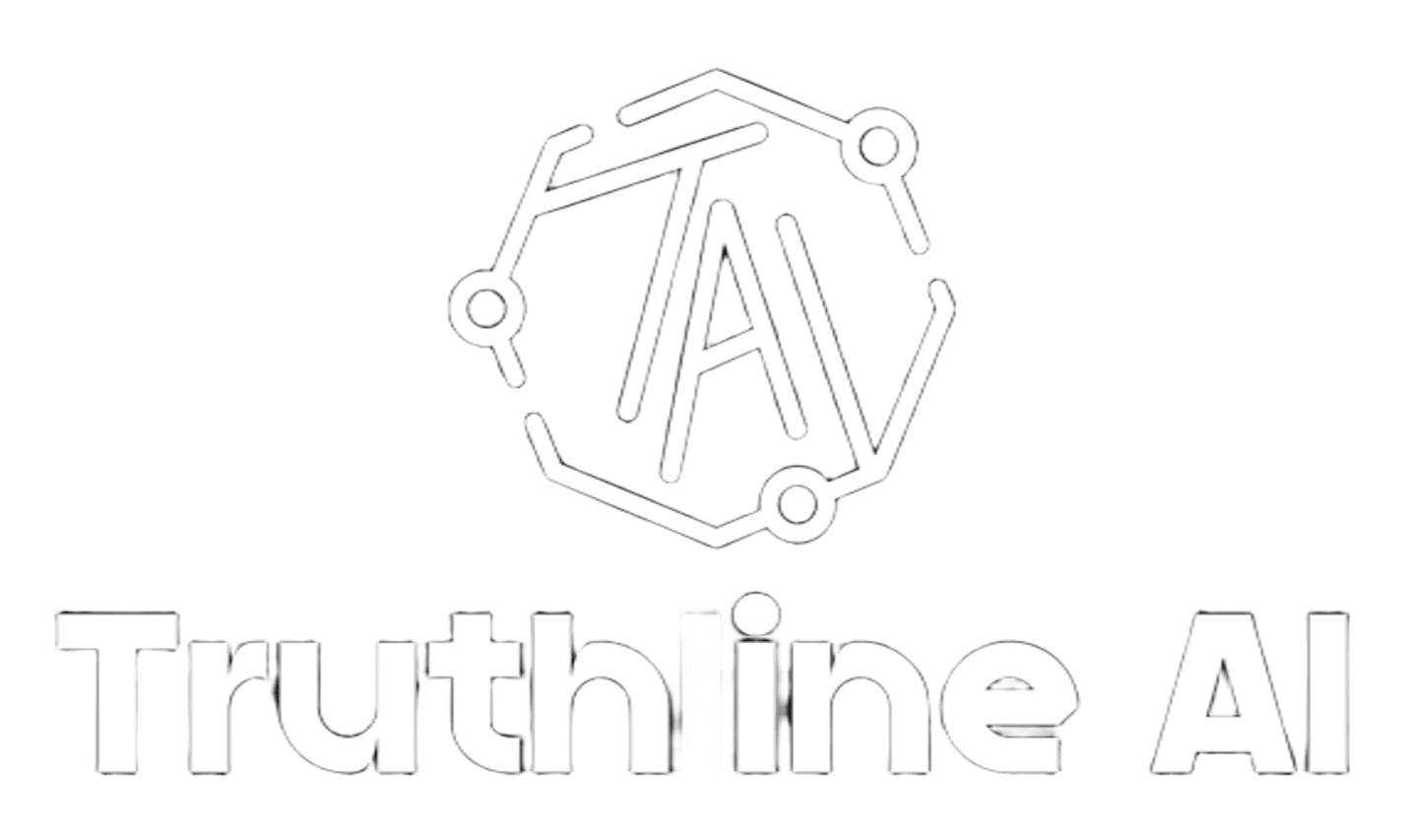Analysis of The Daily Nation Newspaper -July 21,2025
Track
The Daily Nation on July 21, 2025, primarily tracks political developments, security concerns, and socio-economic issues in Kenya. Key stories focus on Raila Odinga’s alliance with President Ruto, the KDF’s new meal allowance system, and the infiltration of a Mexican drug cartel. Other notable tracks include governance reforms, infrastructure projects, and regional conflicts, reflecting a balance between domestic priorities and international affairs.
Tone
The newspaper adopts a measured and critical tone, particularly in political reporting, where it scrutinizes leaders‘ promises and policy changes. On security matters, the tone is urgent and investigative, especially regarding the Jalisco cartel’s activities. However, on development stories like Lamu Port and Kisumu’s Kondele project, the tone shifts to cautiously optimistic, highlighting potential benefits while acknowledging challenges.
Framing
Political stories are framed around alliances and electoral reforms, presenting Raila Odinga’s stance as a stabilizing force while subtly questioning DP Gachagua’s divisiveness. Security issues are framed as escalating threats requiring immediate action, emphasizing law enforcement responses. Socio-economic pieces frame infrastructure and judicial reforms as necessary for progress, though hindered by bureaucratic delays and funding constraints.
Editorial Agenda
The editorial agenda prioritizes political stability, good governance, and security, evident in the emphasis on electoral reforms and anti-cartel efforts. It also advocates for judicial and public sector efficiency, as seen in calls for faster pension reforms and KDF accountability. Additionally, the paper pushes for equitable development, criticizing neglect in regions like Ukambani while promoting grassroots dialogues for inclusive policymaking.
Conclusion
The Daily Nation on July 21, 2025, provides a comprehensive overview of Kenya’s political, security, and economic landscape, blending investigative reporting with advocacy for reform. Its balanced yet critical approach holds leaders accountable while promoting national cohesion and development. The paper’s focus on both immediate crises and long-term solutions underscores its role as a key influencer in shaping public discourse.
